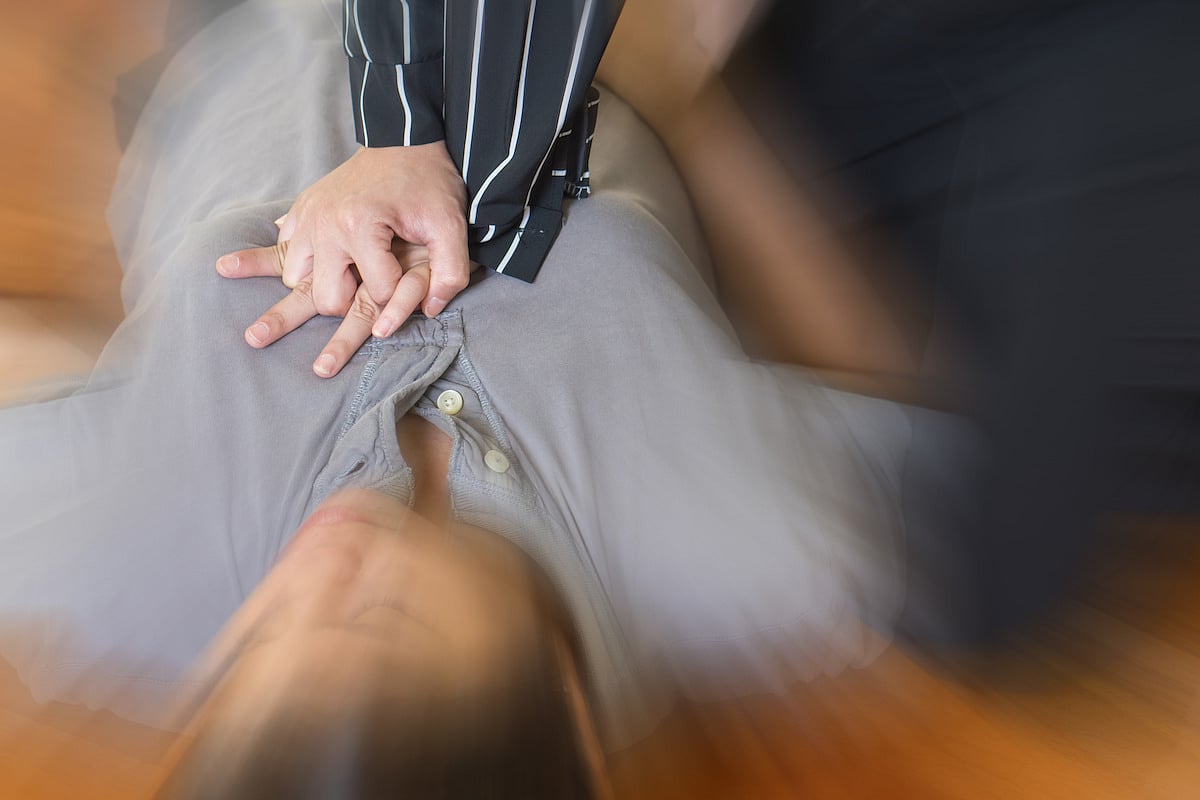Due to a recent change of our website, the process for submitting refill requests online has now changed.
Please click on “Sign Up Today!†to create a new account, and be sure to download our NEW Mobile app!
Thank you for your patience during this transition
Manténgase sano!

- Posted August 20, 2024
Naloxone Might Help Revive People After Opioid-Linked Cardiac Arrest
The overdose-reversing drug naloxone can help save the lives of people whose hearts have stopped due to an opioid OD, a new study shows.
Naloxone rapidly reverses opioid ODs by blocking the ability of opioids to bind with receptors in the brain, researchers said in background notes.
The drug typically saves lives by restoring normal breathing to a person who’s stopped breathing due to an opioid OD, researchers said.
But opioids can also cause cardiac arrest. During an overdose, the heart can suddenly stop beating.
“The incidence of drug-related cardiac arrests has skyrocketed in the past two decades, and there is an urgent need for evidence to guide possible naloxone use in this circumstance,” said researcher Dr. David Dillon, an assistant professor of emergency medicine with the University of California, Davis.
Most cardiac arrests occur due to heart attacks or electrical problems in the heart, but opioid OD-related cardiac arrests are a major cause of death among adults ages 25 to 64, researchers said.
More than 15% of opioid OD cases treated by paramedics involve cardiac arrest, the American Heart Association says.
For this study, researchers evaluated information on nearly 8,200 patients treated for opioid-related cardiac arrest in three Northern California counties between 2015 and 2023.
One out of nine OD cardiac arrest patients treated with naloxone had their heart spontaneously restart and blood circulation resume, researchers found.
One patient survived and was discharged from the hospital for every 26 treated with naloxone, results show.
The new study was published Aug. 20 in the journal JAMA Network Open.
“Surprisingly, our findings showed that naloxone was associated with improved clinical outcomes in both drug-related cardiac arrests and non-drug related cardiac arrests,” Dillon said in a university news release. “This is important because it adds to our understanding about the effectiveness of naloxone for drug-related, out-of-hospital cardiac arrest.”
More information
The American Heart Association has more about opioid OD-related cardiac arrests.
SOURCE: University of California, Davis, news release, Aug. 20, 2024
